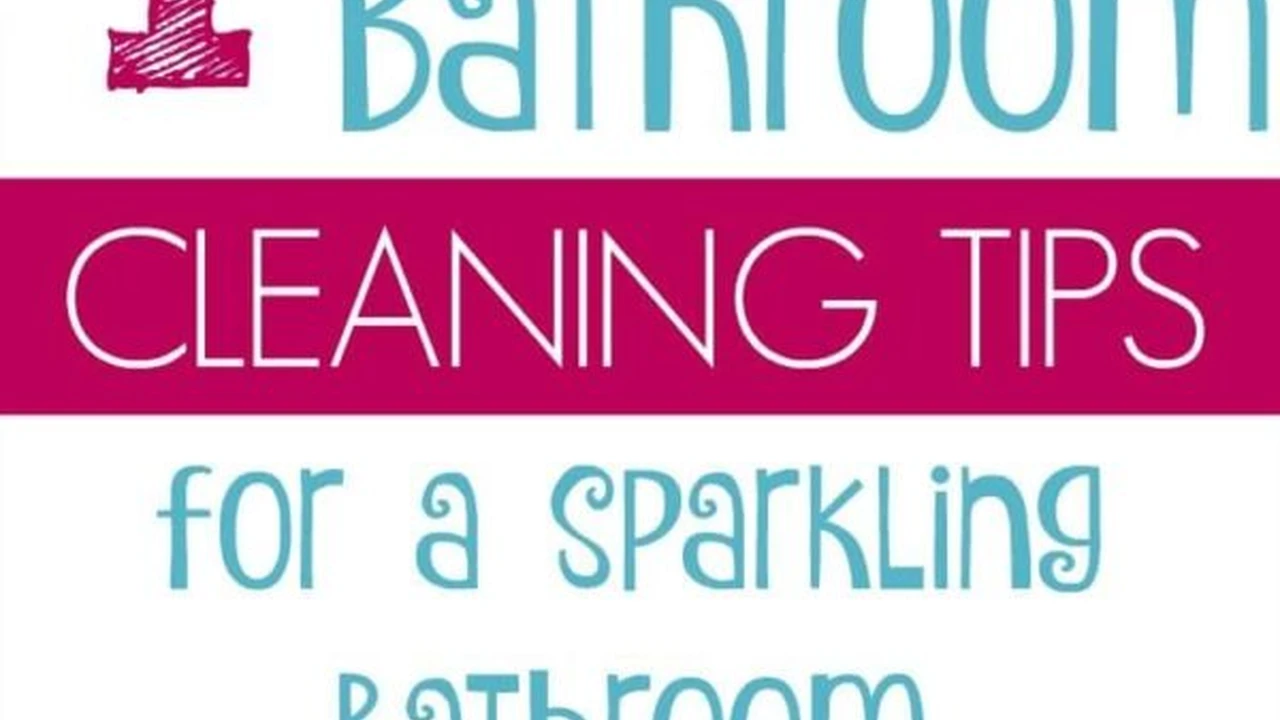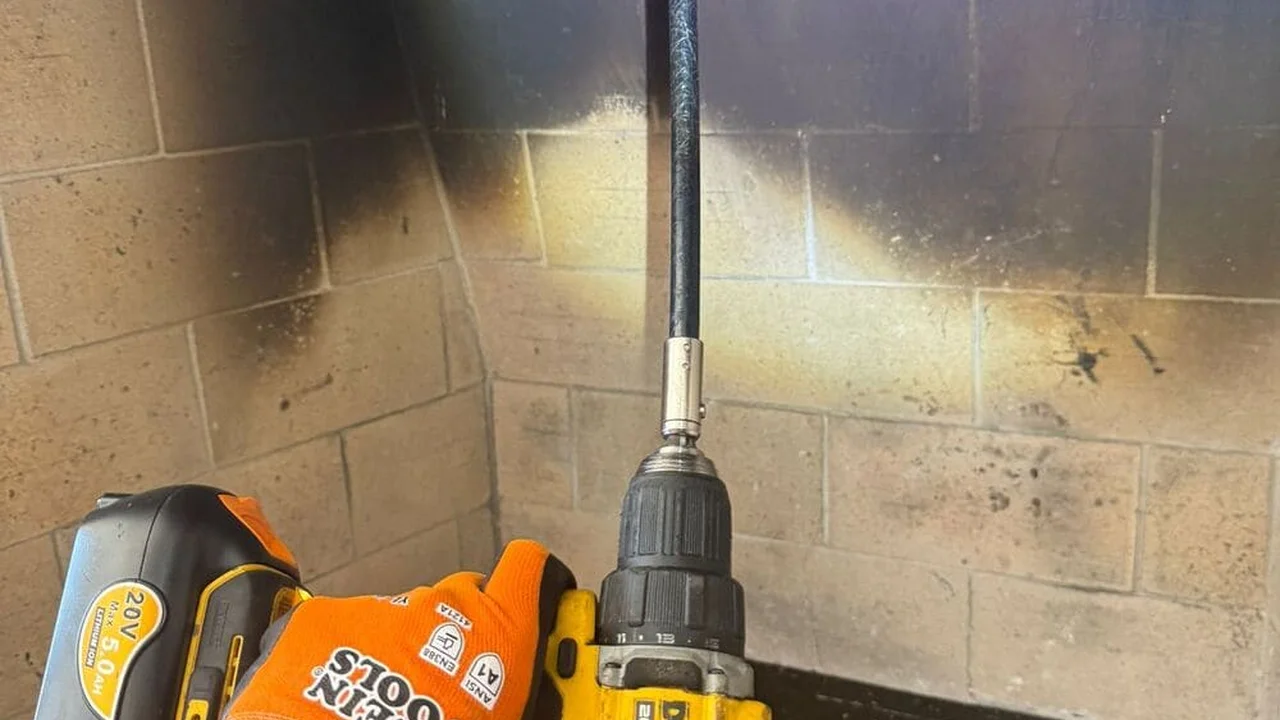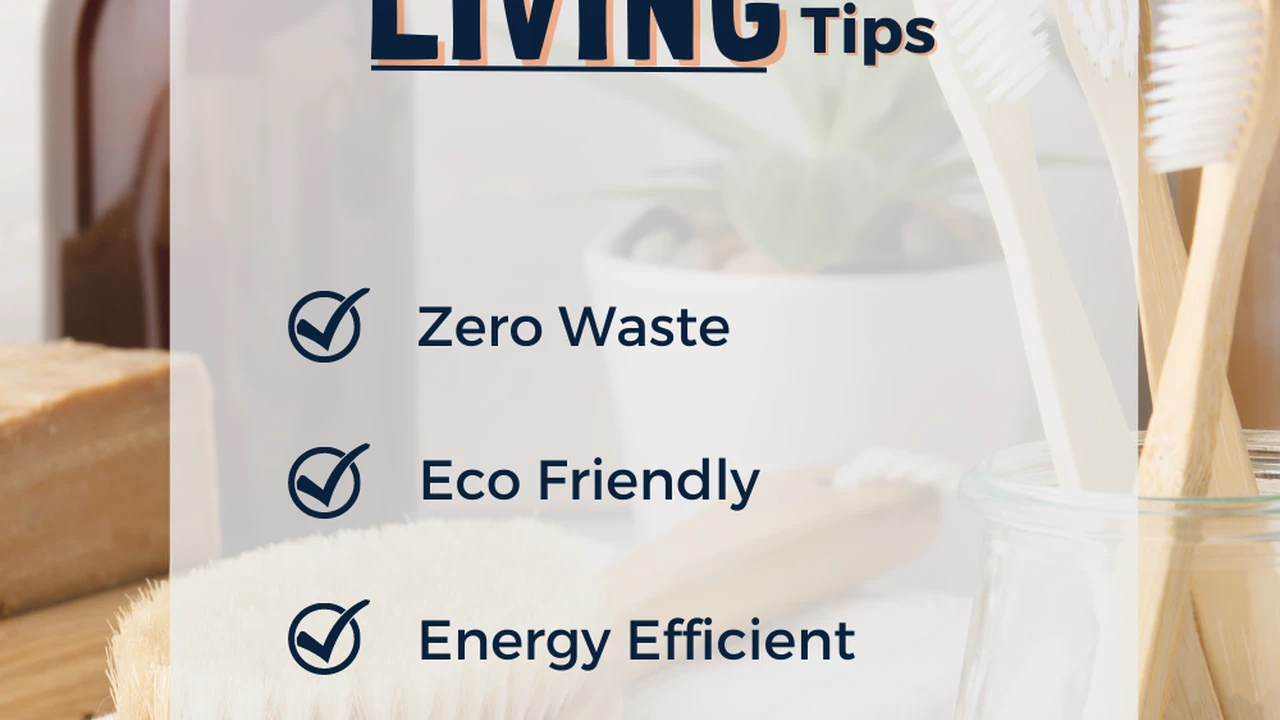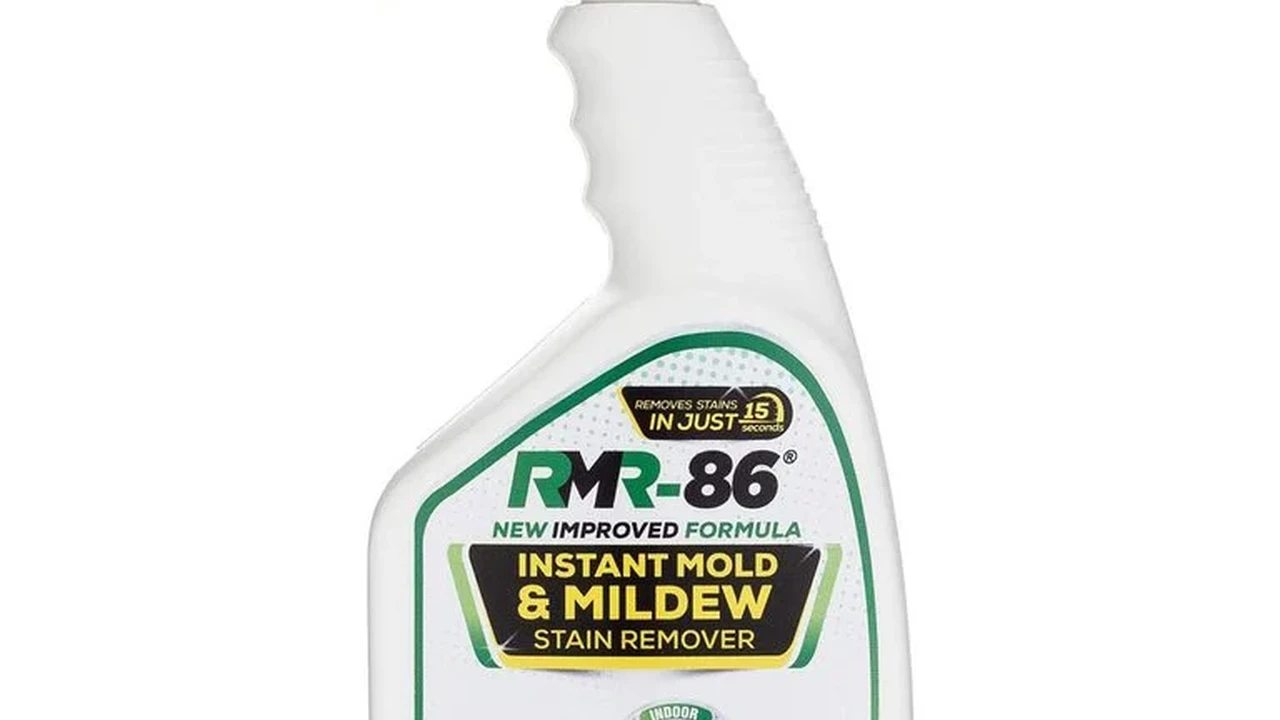Best Marble Cleaners: Gentle and Effective Cleaning
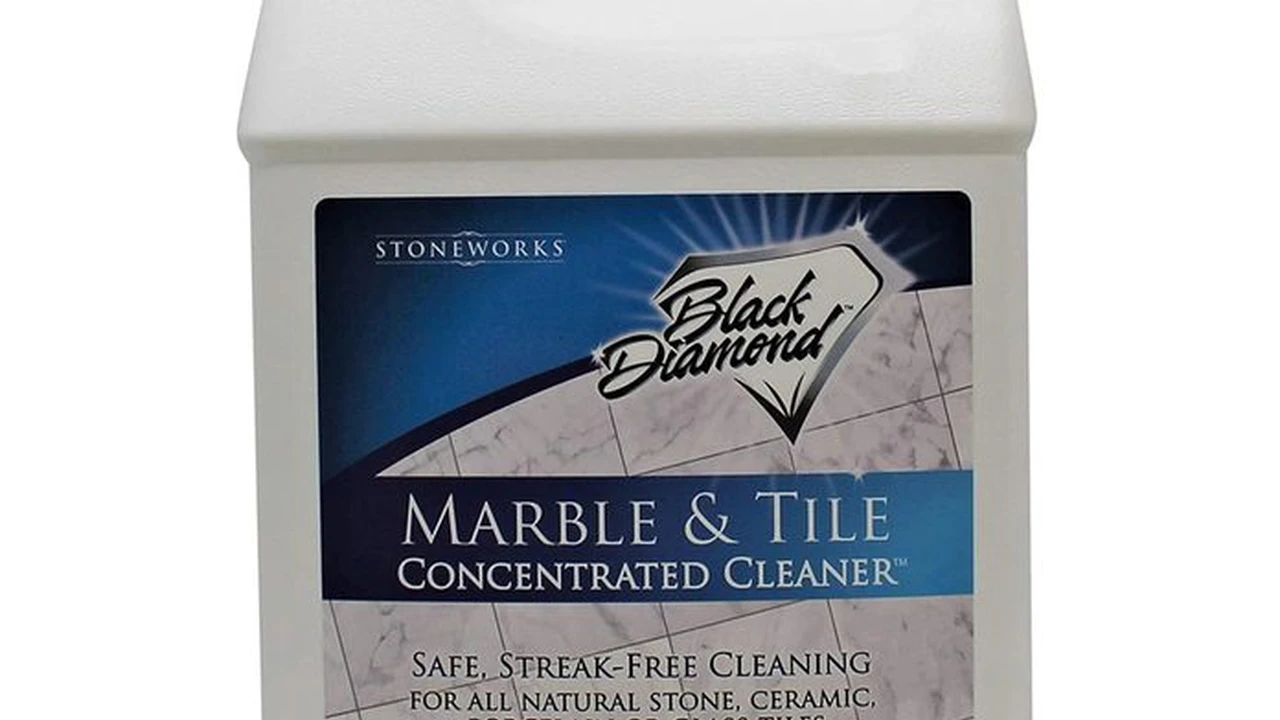
Understanding Marble and Its Cleaning Needs Marble Cleaning Basics
Okay, let's talk marble. It's gorgeous, right? That veining, that smooth cool surface... But it's also a bit of a diva when it comes to cleaning. Marble is porous, meaning it can absorb spills and stains if you're not careful. And forget about harsh chemicals! Acidic cleaners like vinegar, lemon juice, or even some common bathroom sprays will etch the surface, leaving dull spots and permanent damage. Trust me, you don't want that. The key is to be gentle and use pH-neutral cleaners specifically designed for marble. Think of it like this: you wouldn't wash a silk scarf with bleach, would you? Marble deserves the same kind of TLC. So, what exactly makes marble so unique and demanding when it comes to cleaning? Well, it all boils down to its composition. Marble is primarily made of calcium carbonate, which is highly reactive to acids. This is why even seemingly harmless substances like orange juice or coffee can cause etching if left unattended. The acid in these liquids literally dissolves the surface of the marble, creating those unsightly dull spots. Therefore, understanding the chemical properties of marble is crucial for choosing the right cleaning products and techniques.
Choosing the Right Marble Cleaner pH Neutral Marble Cleaners
So, what should you look for? The magic words are "pH-neutral." These cleaners are formulated to be gentle on marble while still effectively removing dirt and grime. Avoid anything with bleach, ammonia, vinegar, or lemon juice. Read the labels carefully! And when in doubt, test the cleaner on a small, inconspicuous area first to make sure it doesn't cause any discoloration or damage. You can find pH-neutral marble cleaners at most home improvement stores and online retailers. Don't skimp on quality here! A good marble cleaner is an investment that will protect your beautiful surfaces for years to come. But with so many options available, how do you choose the right one? Well, consider the type of marble you have. Some marbles are more porous than others, and may require a cleaner with a sealant to protect against staining. Also, think about the frequency of cleaning. If you have a high-traffic area, you may need a more powerful cleaner to remove dirt and grime. And finally, read reviews! See what other marble owners are saying about different cleaners. Their experiences can be invaluable in helping you make the right decision.
Top Marble Cleaner Recommendations Product Reviews and Comparisons
Alright, let's get down to brass tacks. Here are a few of my favorite marble cleaners, along with their pros, cons, and price points:
Granite Gold Daily Cleaner Spray Granite Gold Marble Cleaner Review
This is a great all-around cleaner for daily use. It's pH-neutral, streak-free, and leaves a nice shine. Plus, it's readily available at most stores. I've been using Granite Gold for years and I've always been impressed. This daily cleaner is perfect for wiping up spills, removing fingerprints, and keeping your marble surfaces looking their best. The formula is gentle yet effective, and it won't leave any residue or streaks behind. One of the things I love most about Granite Gold is that it's so easy to use. Simply spray it on the surface and wipe it clean with a soft cloth. It's also safe to use on other natural stone surfaces, such as granite and quartz. The price is usually around $7-$10, making it an affordable option for most homeowners.
- Pros: Readily available, pH-neutral, streak-free, affordable.
- Cons: May not be strong enough for heavy-duty cleaning.
- Price: $7-$10
MARBLELIFE Marble & Stone Cleaner Concentrate Marble Cleaning Solutions
If you need something a little stronger, MARBLELIFE is a good option. It's a concentrate, so you dilute it with water, making it a cost-effective choice. It's great for removing stubborn stains and grime. This concentrate is designed to be diluted with water, so a little goes a long way. It's also safe to use on other natural stone surfaces, such as granite and travertine. One of the things I love most about MARBLELIFE is that it's so versatile. You can use it to clean countertops, floors, showers, and more. It's also effective at removing stubborn stains, such as coffee, wine, and juice. To use MARBLELIFE, simply dilute the concentrate with water according to the instructions on the bottle. Then, apply the solution to the surface and wipe it clean with a soft cloth. For tougher stains, you may need to let the solution sit for a few minutes before wiping it away. The price is usually around $20-$25, making it a mid-range option.
- Pros: Concentrated, cost-effective, good for stubborn stains.
- Cons: Requires dilution, can be more expensive upfront.
- Price: $20-$25
পাথরের সুরক্ষা Marble and Granite Cleaner Spray Stone Care Products
For a luxurious option, consider পাথরের সুরক্ষা. It's a pH-neutral spray that contains a sealant, helping to protect your marble from future stains. It also leaves a beautiful, polished finish. This spray is formulated with a sealant to protect your marble from future stains. It also leaves a beautiful, polished finish. One of the things I love most about পাথরের সুরক্ষা is that it's so easy to use. Simply spray it on the surface and wipe it clean with a soft cloth. It's also safe to use on other natural stone surfaces, such as granite and quartz. The price is usually around $15-$20, making it a premium option.
- Pros: Contains sealant, leaves a polished finish, easy to use.
- Cons: More expensive than other options.
- Price: $15-$20
How to Clean Marble Step-by-Step Guide Marble Cleaning Techniques
Okay, you've got your cleaner. Now what? Here's a simple step-by-step guide to cleaning marble:
- Dust or sweep the surface: Get rid of any loose dirt or debris. A microfiber cloth works great for this.
- Spray the cleaner: Apply the pH-neutral marble cleaner evenly over the surface.
- Wipe with a clean, soft cloth: Use a clean, soft cloth to wipe the surface in a circular motion. Avoid using abrasive cloths or scrub brushes.
- Buff dry: Use a dry, clean cloth to buff the surface and remove any streaks.
Dealing with Stains on Marble Stain Removal Tips and Tricks
Spilled red wine? Don't panic! Here are a few tips for dealing with common marble stains:
- For oil-based stains (grease, cooking oil): Mix a paste of baking soda and water, apply it to the stain, and let it sit for several hours or overnight. Then, wipe it away with a damp cloth.
- For water-based stains (coffee, tea, juice): Try blotting the stain with a clean, damp cloth. If that doesn't work, use a poultice made of diatomaceous earth and water. Apply the poultice to the stain, cover it with plastic wrap, and let it sit for 24-48 hours. Then, remove the plastic wrap and let the poultice dry completely. Finally, scrape away the dried poultice.
- For rust stains: This is a tough one! Rust stains can be difficult to remove from marble. You can try using a commercial rust remover specifically designed for marble, but be sure to test it on a small, inconspicuous area first. In some cases, you may need to call a professional stone restoration company.
Protecting Your Marble Preventing Future Stains and Damage
Prevention is key! Here are a few tips to keep your marble looking its best:
- Use coasters: Always use coasters under drinks to prevent water rings and stains.
- Wipe up spills immediately: Don't let spills sit on the surface. Wipe them up as soon as possible to prevent staining.
- Use cutting boards: Always use cutting boards when preparing food to prevent scratches and stains.
- Seal your marble: Consider sealing your marble every year or two to protect it from stains and damage.
Marble Cleaning Don'ts Avoiding Common Mistakes
Finally, here are a few things *not* to do when cleaning marble:
- Don't use acidic cleaners: Avoid vinegar, lemon juice, bleach, and ammonia.
- Don't use abrasive cleaners: Avoid scouring pads and harsh scrub brushes.
- Don't let spills sit: Wipe up spills immediately to prevent staining.
- Don't over-clean: Over-cleaning can actually damage marble. Clean your marble only when it's dirty.
Maintaining Marble Floors Marble Floor Cleaning Tips
Marble floors need a bit more attention because of foot traffic. Regular sweeping or vacuuming is essential to remove grit and debris. When mopping, use a pH-neutral cleaner and a soft mop. Avoid using too much water, as it can seep into the grout and cause damage. Dry the floor thoroughly after mopping.
Cleaning Marble Countertops Kitchen and Bathroom Marble Care
Marble countertops in kitchens and bathrooms are prone to spills and stains. Use the same cleaning methods as described above, but be extra careful to wipe up spills immediately. Consider using a sealant specifically designed for countertops to provide extra protection.
DIY Marble Cleaning Solutions Homemade Marble Cleaners
While commercial cleaners are often recommended, you can create a simple DIY cleaner using warm water and a mild dish soap (make sure it's pH-neutral!). Use a very small amount of soap to avoid residue. Always test the solution in an inconspicuous area first.
Professional Marble Cleaning When to Call the Experts
For deep cleaning, stain removal, or restoration, consider hiring a professional marble cleaning company. They have the expertise and equipment to safely and effectively clean and restore your marble surfaces.
Marble Polishing Techniques Restoring Marble Shine
Over time, marble can lose its shine. Marble polishing can restore its original luster. This process involves using specialized polishing compounds and equipment to buff the surface of the marble. This is best left to professionals.
The Cost of Marble Cleaning Professional vs DIY
The cost of marble cleaning depends on whether you choose to do it yourself or hire a professional. DIY cleaning is generally less expensive, but it requires more time and effort. Professional cleaning can be more expensive, but it can provide better results and protect your investment.
:max_bytes(150000):strip_icc()/277019-baked-pork-chops-with-cream-of-mushroom-soup-DDMFS-beauty-4x3-BG-7505-5762b731cf30447d9cbbbbbf387beafa.jpg)



